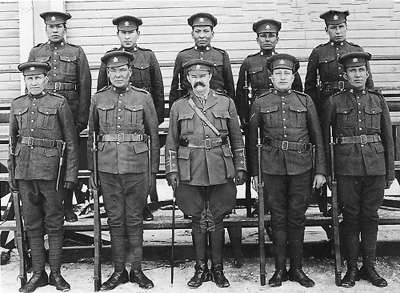
Veterans Affairs Canada is supporting a delegation to the Netherlands to recognize First Nations, Inuit and Métis people killed during World War II, including a Vancouver Island man.
Earlier this year, a group of Canadian, Indigenous and Dutch individuals created the Indigenous Legacy Project, a research and remembrance based initiative to identify and mark the graves of Indigenous soldiers buried in cemeteries across the Netherlands.
The Liberation of the Netherlands was Canada’s last major contribution to helping the Allies to victory during the Second World War.
More than one million Canadians and Newfoundlanders served in the conflict—over 3,000 of them were Indigenous.
The delegation to the Netherlands will honour, acknowledge, and feast the spirit of the deceased Indigenous soldiers through traditional ceremony, to recognize the contributions of Indigenous Peoples in the Second World War and thank the group responsible for the Indigenous Legacy Project.
The delegation includes family members and representatives from 13 of the recently identified Indigenous soldiers, including Private Edward Underwood, from Saanichton, member of 1st Battalion, Canadian Scottish Regiment. Underwood died on 17 November 1945 at 27 years old.
Veterans Affairs says it’s an opportunity for those connected to the Indigenous soldiers to honour their ancestors and reconnect with their shared history.
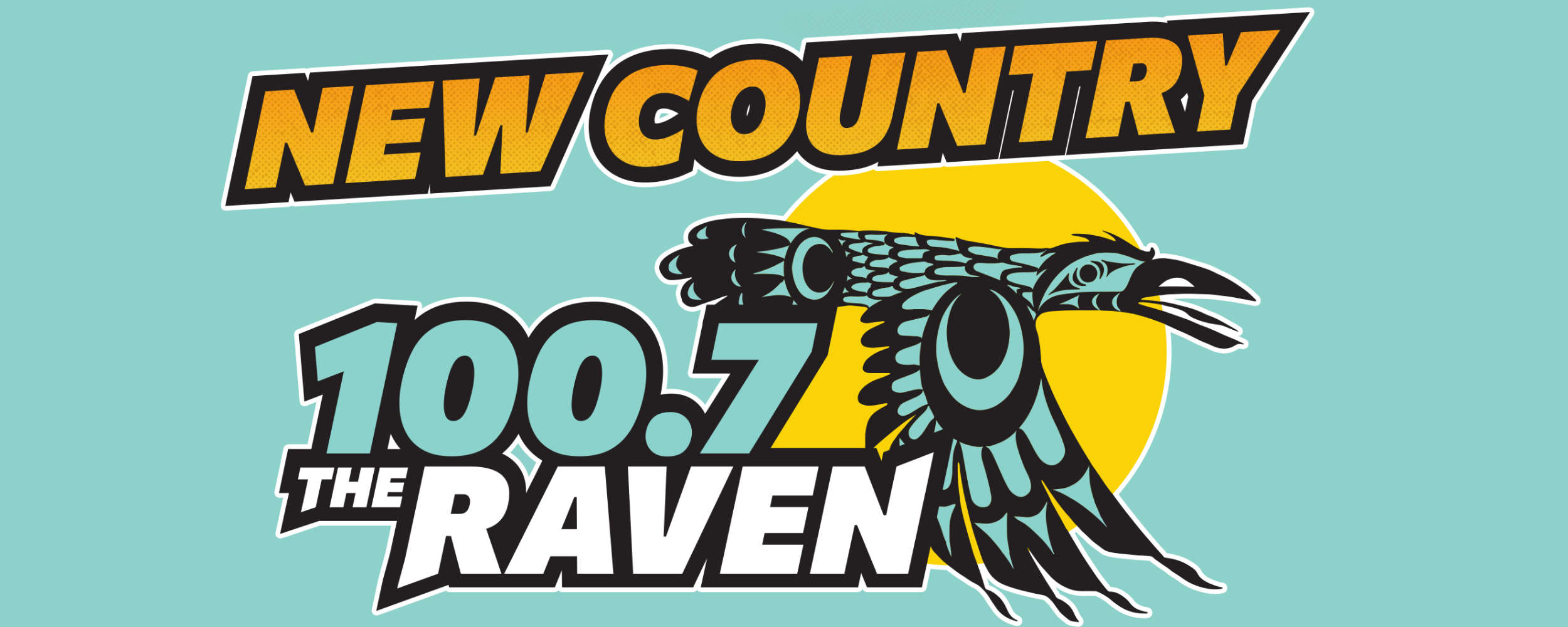
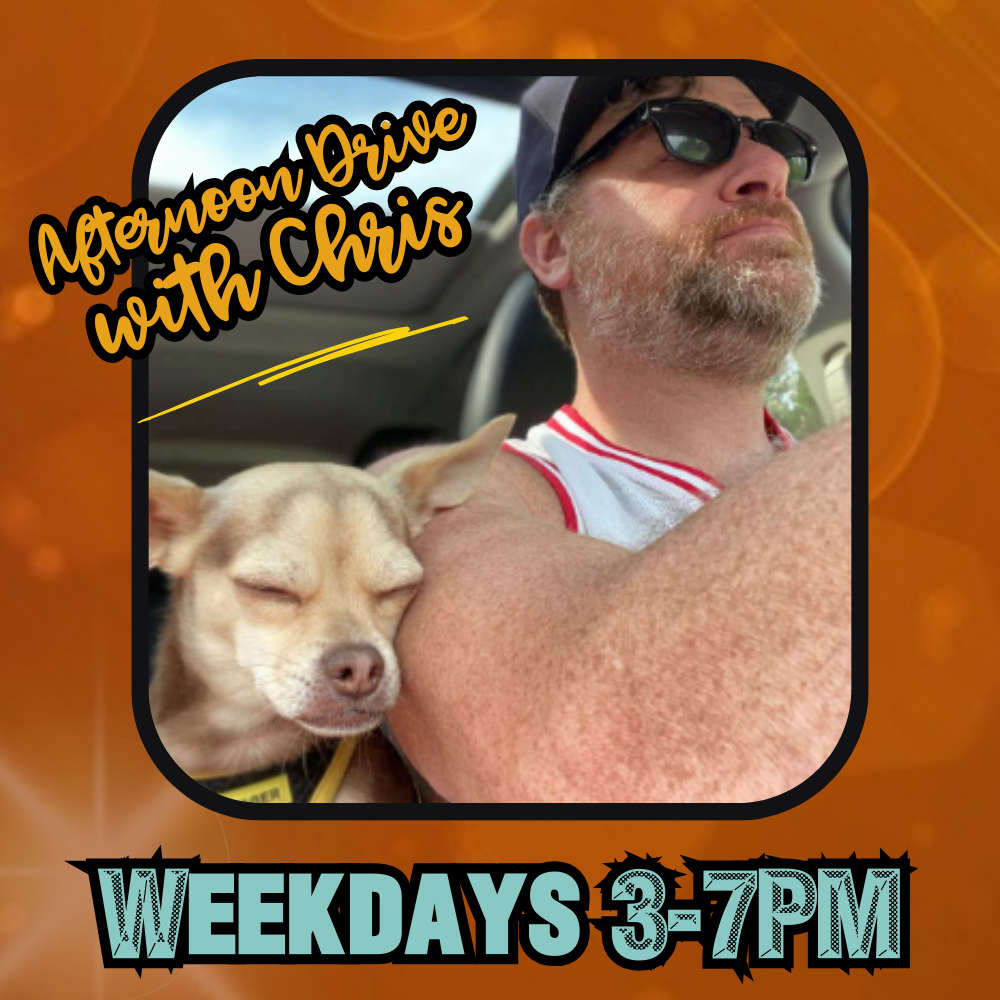
 Park-And-Fly Options Urged As Holiday Travel Picks Up
Park-And-Fly Options Urged As Holiday Travel Picks Up
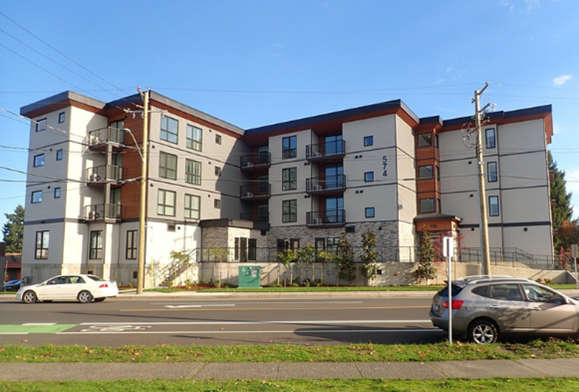 19 Wing Comox To Attain New Apartment Building For CAF Housing
19 Wing Comox To Attain New Apartment Building For CAF Housing
 New Modular Units Expand Homewood Supportive Housing In Campbell River
New Modular Units Expand Homewood Supportive Housing In Campbell River
 Speculation And Vacancy Tax Bringing More Homes To Market
Speculation And Vacancy Tax Bringing More Homes To Market
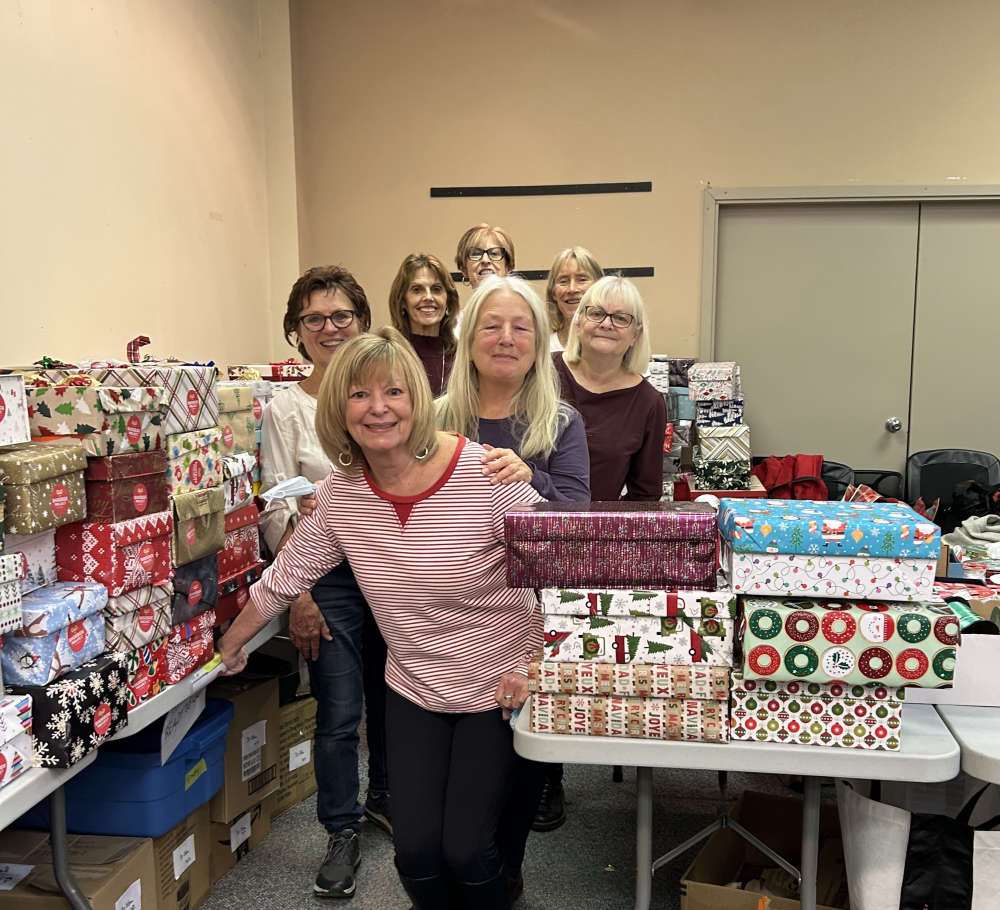 Campbell River Shoebox Project Wraps Up Holiday Campaign
Campbell River Shoebox Project Wraps Up Holiday Campaign
